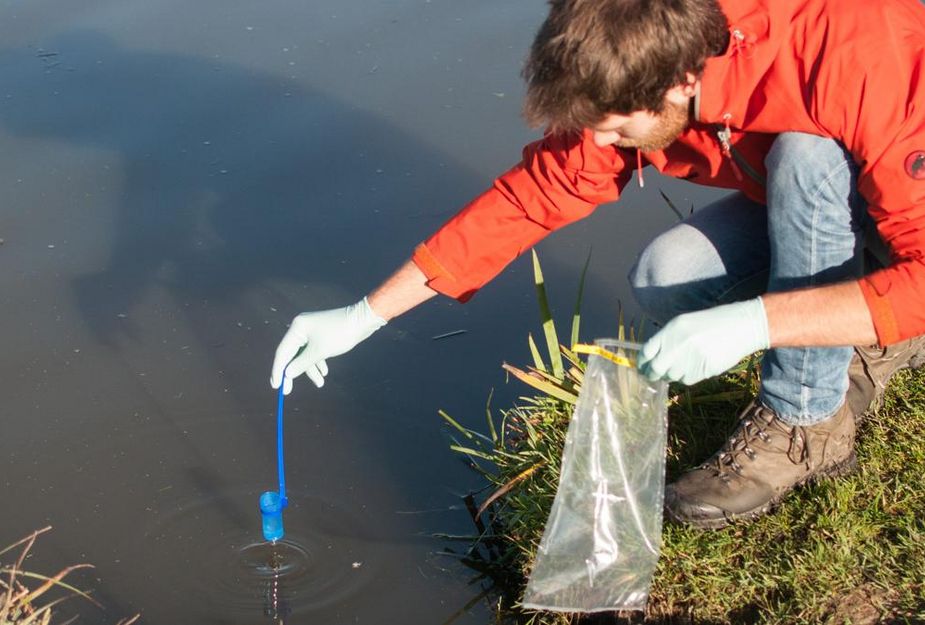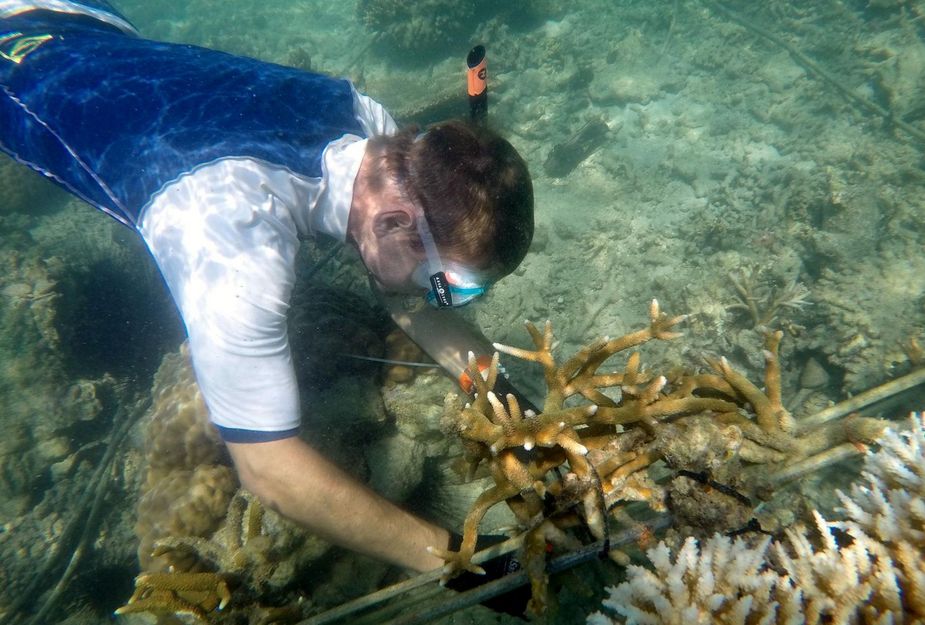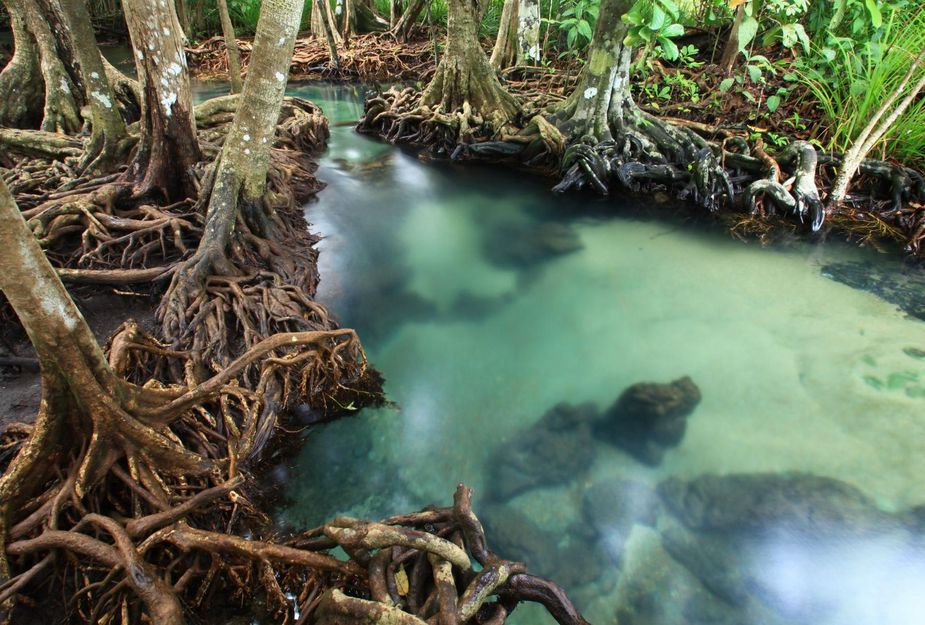Protecting underwater life
Most of the earth’s surface, about 70 percent, is covered by oceans and seas. Much of the aquatic life it harbours has yet to be discovered – according to some estimates, only 5 percent of it has been discovered so far. What we do know is that oceans have a significant influence on our daily lives, and on global systems that make planet earth a suitable habitat for human beings. These systems influence our drinking water, weather conditions, climate, coasts, food production and oxygen synthesis around the world.
- 50 % of the total amount of oxygen synthesized worldwide originates from aquatic organisms
- Some 3 billion people depend on fish as a food source (source: WWF)
- Furthermore, oceanic systems have a major influence on the climate of large areas
- Oceans also absorb carbon dioxide, a greenhouse gas
Because of its major significance, Witteveen+Bos views aquatic life from a wider perspective. Aquatic life in fresh water is important as well. In fresh-water ecosystems, too, any change in water quality could impact biodiversity and human and animal health.
How does Witteveen+Bos support this transition?
There are several causes for the changes taking place in oceans and surface water, which include pollution, overfishing and coastal erosion. The outcome of all this is that ecosystems change and that certain animal species disappear. However, protection and strengthening of natural values sometimes seem to be diametrically opposed to human activities. As engineers, our job involves shaping and integrating these activities in such a way that ecological processes are left intact or even improved.
With its knowledge and expertise, Witteveen+Bos contributes to healthy aquatic ecosystems by analysing, understanding and modelling scores of water management issues. For instance, our ecologists analyse the interactions between organisms, populations and communities on the one hand and the relationship with the non-biological environment and human beings. In a society that is subject to continuous technological and spatial developments, ecology comes into play in a number of areas. Witteveen+Bos uses a system-based approach for this in which we take stock of abiotic processes (soil, water, air) and relate them to the presence of plant and animal species and communities.
In our work, we apply the Why/How/What principle:
- WHY: we believe that every advice we give should be based on understanding how ecosystems function
- HOW: we are constantly enhancing our knowledge of (ecological) system functioning
- WHAT: we provide state of the art ecological advice and designs


